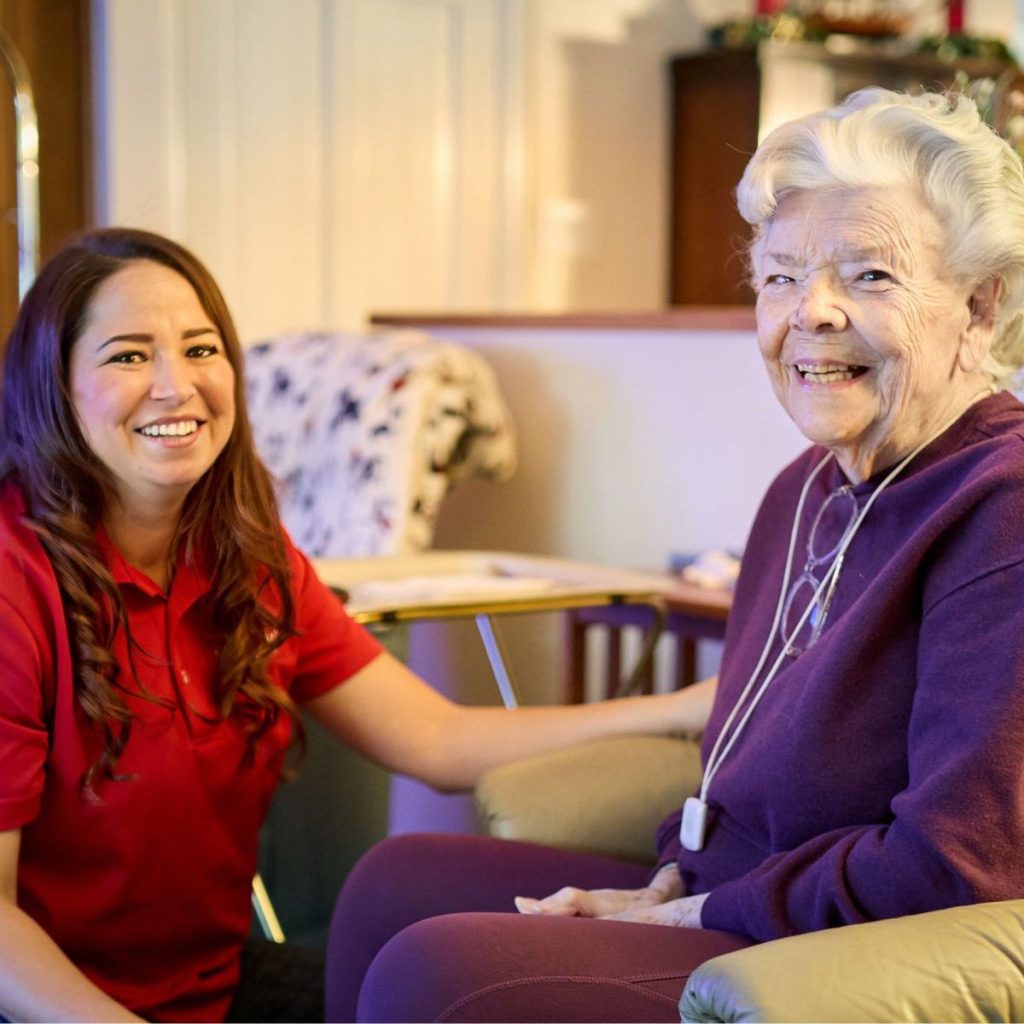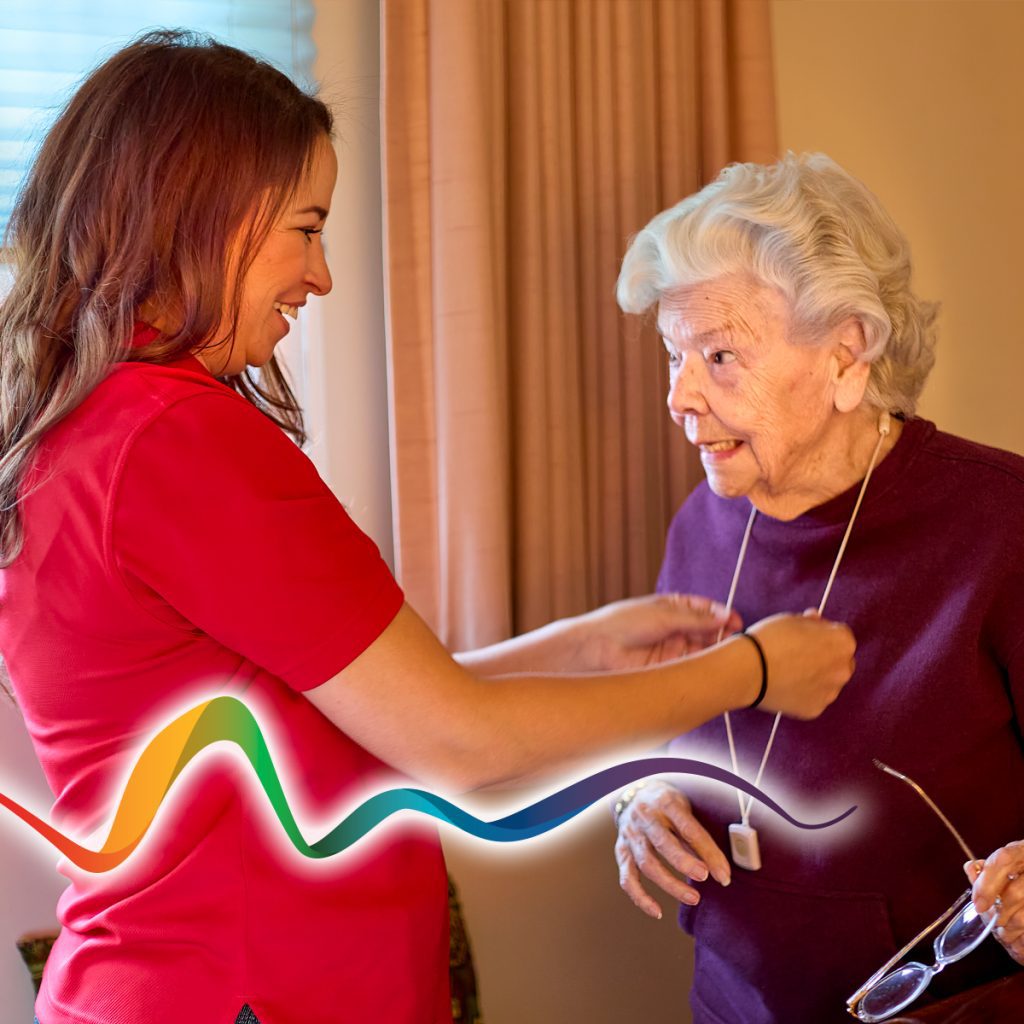Is your loved one experiencing a slow decline in memory, thinking, and reasoning skills? Identifying Alzheimer’s early can help distinguish concerning symptoms from normal aging. Knowing what your loved one is going through, even if they have a difficult time expressing it, is important for you to help them age successfully. One way to do this is by being aware of any changes they may be experiencing.
“Alzheimer’s is the most common form of dementia, a general term for memory loss and other cognitive abilities serious enough to interfere with daily life.” –Alzheimer’s Association
10 Early Signs and Symptoms of Alzheimer’s
According to the Alzheimer’s Association there are 10 early signs that may help you become aware that your loved one may have Alzheimer’s or other dementia-related diagnosis:
- Memory loss that disrupts daily life
- Challenges in planning or solving problems
- Difficulty completing familiar tasks
- Confusion with time or place
- Trouble understanding visual images and spatial relationships
- New problems with words in speaking or writing
- Misplacing things and losing the ability to retrace steps
- Decreased or poor judgment
- Withdrawal from work or social activities
- Changes in mood and personality.
It is important to note that the Alzheimer’s Association also lists the typical age-related change with each of these signs, so as to not confuse these early signs with typical aging. Everyone has episodes of forgetfulness from time to time, but people with Alzheimer’s will display these symptoms ongoing, and will worsen over time.
What should you do if you notice your loved one has some of these symptoms? Early detection is the key to creating a positive and proactive plan, and to rule out other possibilities that may be causing the cognitive decline. You may want to keep a journal, to record any changes with a timeline. It is also important to speak with your doctor if you have concerns. Although there is no cure for Alzheimer’s, treatment can help slow the progression of the disease and will improve the quality of life.
Caring for someone with Alzheimer’s
As a person progresses through the stages of Alzheimer’s, they will need increasing support from those around them. If you have a loved one with Alzheimer’s, you may consider becoming their caregiver. This can be a very rewarding experience, but it can be difficult as well. To be a fulltime caregiver for someone with Alzheimer’s takes patience, dedication of time, and a positive attitude. Over time, this can cause stress and anxiety for a caregiver. Enlisting the help of Rhythms Home Care can help you and your loved one with peace of mind and enriching life experiences.
“The care required of family members can result in increased emotional stress and feelings of depression. Continued support for care partners is instrumental in treating Alzheimer’s disease holistically.” –Alzheimer’s Association. Alzheimer’s Association Report: 2020 Alzheimer’s disease facts and figures. Alzheimers Dement. 2020;16(3):391-460.
With Rhythms Home Care memory care services, we focus on the strengths of each individual living with dementia rather than their deficiencies. We consider their family members as those living with dementia as well, because we know it is a “whole community” disease. We ensure every team member learns that dementia is a shift in the way a person experiences the world around him/her. Our job is to create environments where each person can navigate the world successfully and create worlds where life is worth living.





